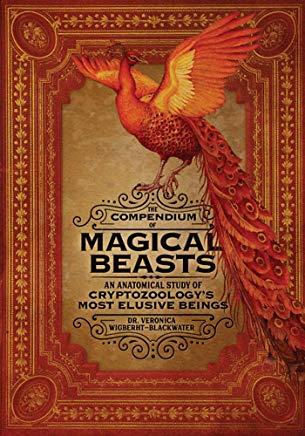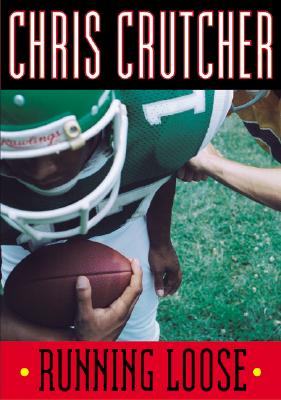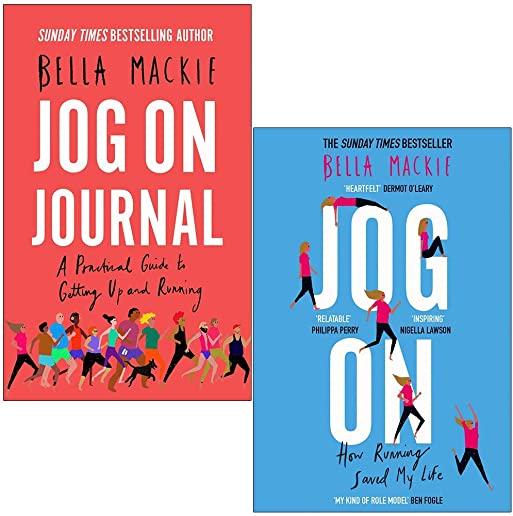
Michaud, Tom
product information
description
9This no-nonsense guide shows you how an understanding of anatomy and biomechanics, coupled with the latest strengthening exercises and rehab protocols, can keep you running injury-free for a long time to come. Each time your foot hits the ground while running, an impact force averaging three times your weight travels through your body at more than 200 miles per hour, causing your bones to vibrate and tendons to stretch. When you consider that the average runner strikes the ground more than 10,000 times per hour, this translates into a remarkable amount of force that needs to be absorbed, and explains why nearly 50% of recreational runners are injured each year. The purpose of this book is to show you that impact forces are not necessarily harmful. By modifying your running form and doing specific exercises to improve tendon resiliency, not only can you effectively absorb these forces, but you can also store and return a significant percentage of them in the form of elastic recoil. Besides reducing your risk of injury, efficiently storing and returning energy can allow you to run faster with less effort. With more than 200 illustrations and 300 references, this book reviews how to: Perform an at-home gait analysis to make specific changes in your running form that can reduce impact forces and improve performance.
Decrease your risk of injury by identifying problems with strength, flexibility, and/or neuromotor coordination using specific functional tests.
Incorporate new exercises to enhance the storage and return of energy in your tendons.
Select the running shoe that is right for you.
Treat 25 of the most common running-related injuries with the most up-to-date, scientifically justified treatment protocols available.
member goods
No member items were found under this heading.
Return Policy
All sales are final
Shipping
No special shipping considerations available.
Shipping fees determined at checkout.







